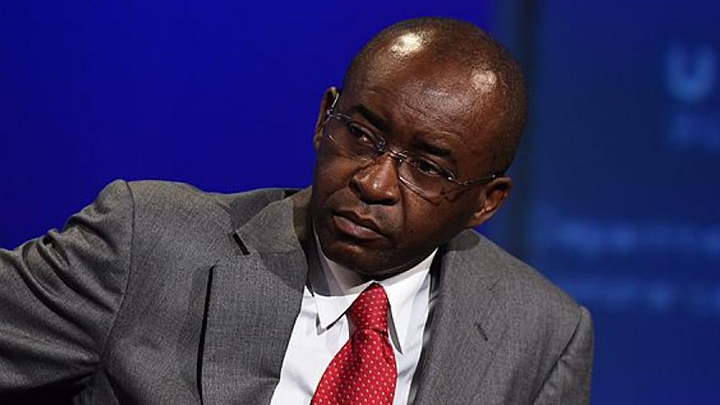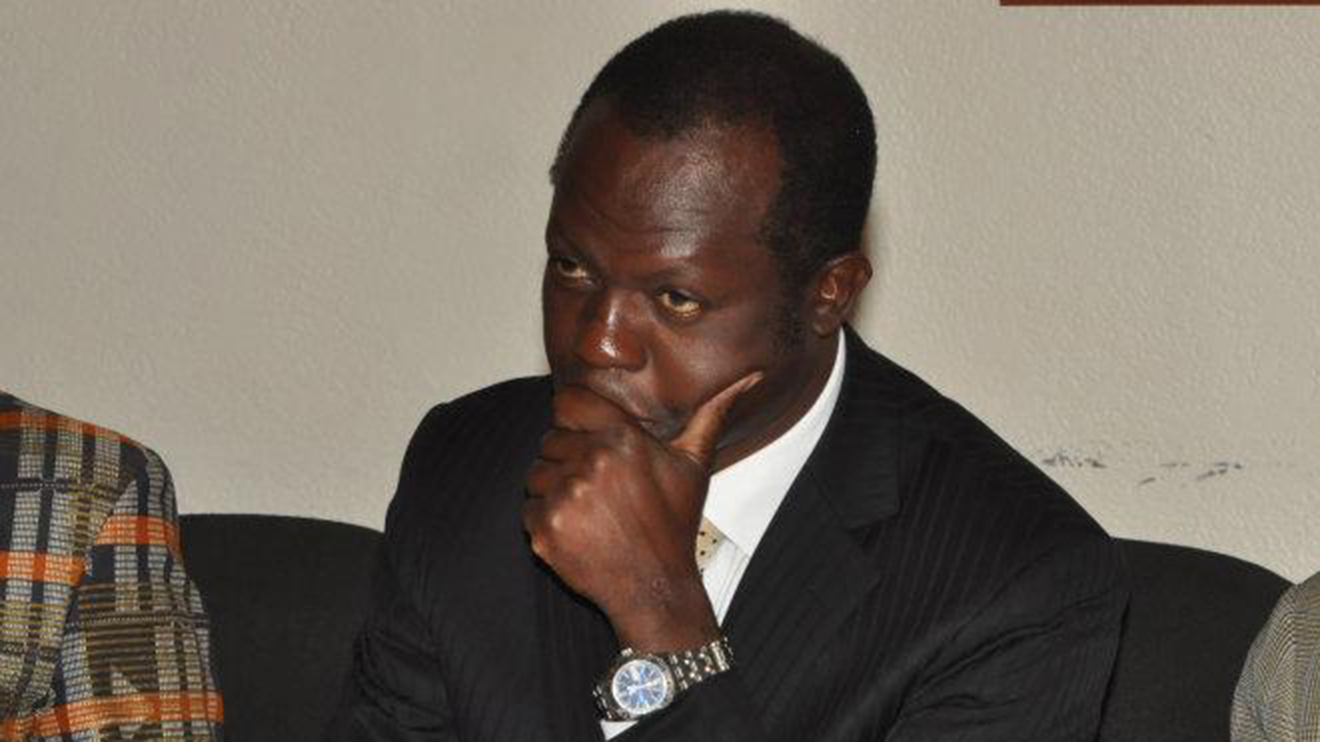Kenya has set its sights on becoming Africa’s artificial intelligence (AI) powerhouse with the unveiling of a five-year national AI strategy, which will require at least Sh152 billion for implementation by 2030.
Half of this budget is earmarked for digital infrastructure, highlighting the government’s emphasis on building a robust foundation for AI adoption.
During the launch of the Kenya National AI Strategy (2025-2030) at the Kenyatta International Convention Centre (KICC) in Nairobi, ICT Cabinet Secretary William Kabogo emphasised the need to harness AI’s potential while ensuring safeguards against its misuse.
He noted that the strategy outlines Kenya’s ambitious digital transformation agenda, aimed at addressing national challenges through emerging technologies.
“AI is a key pillar of our digital transformation agenda, aligning with the Kenya National Digital Masterplan 2022-2032 and Bottom-Up Economic Transformation Agenda (BETA). These initiatives prioritise digital infrastructure, skills development and emerging technologies to drive inclusive and sustainable growth,” Kabogo said.
Read More
As AI continues to redefine industries, Kabogo stressed that Kenya must be proactive in shaping its trajectory.
“The question isn't whether we shall adopt AI but how we will shape it to keep Kenya’s future-ready in the global digital economy. We must harness AI’s potential to drive economic growth. This process must, however, be guided by ethical principles,” he stated.
Addressing concerns over AI’s impact on jobs, Kabogo acknowledged that while automation would displace some roles, new opportunities would emerge.
“AI is changing the nature of work. While some work will be automated, it will also create new job spaces,” he said.
To support AI talent development, Kabogo proposed integrating AI-trained university students into the public sector.
He also announced plans to introduce an AI Bill in Parliament within four months to regulate the sector, providing a framework for funding and oversight.
“Kenya’s AI future is now; it is up to all of us, including the government, private sector, academia, and civil society, to turn this vision into reality,” he said.
International partners present at the event lauded Kenya’s efforts in spearheading AI development.
European Union Ambassador to Kenya Henriette Geiger commended Kenya for crafting an AI vision that is both forward-thinking and inclusive.
She stressed that the EU is committed to supporting digital transformation efforts that serve society at large.
“I wish to congratulate the Government of Kenya for crafting a vision for the future that is pulled forward-thinking and inclusive," Geiger stated.
"The European Union is a committed ally in building a future where technology serves all of society, and we are proud to have supported this strategy through the digital transformation centre.”
She further highlighted that the essence of digital transformation goes beyond technological advancement, emphasising the need for human-centred growth.
She noted that AI should not merely be a tool for progress but should drive broader societal transformation, ensuring fairness, justice, and equity.
“We believe that digital transformation is not only about innovation and technological advancement but also about human-centred growth," she noted.
"AI should not be a tool of progress only, but be the foundation for societal transformation, promoting fairness, justice and equity.”
Geiger also pointed out that Kenya’s approach to AI could serve as a global model, as it considers not just the technical deployment of AI but also its impact on society. She praised Kenya’s efforts in integrating diverse voices into the AI conversation.
“This is why Kenya’s approach to AI can become a global example. It is an approach that reaches beyond the technicalities of AI deployment, and focuses on how this transformative technology can be woven into the fabric of society, by engaging diverse voices.”
Deputy Ambassador of the German Embassy in Kenya Alexander Fierley echoed this sentiment, highlighting the inclusive process behind the AI strategy.
“The government brought together all stakeholders to ensure no voice was left out. Why? Because AI is too powerful to be left to a chosen few,” he said.
Fierley also underscored the potential for Kenya and Germany to align their interests in AI regulation, calling for joint efforts in shaping policies.
“If we put our interests in terms of AI regulations, this can be a win-win situation for both countries. I call on everyone to own this vision.”
The launch brought together key government officials, including ICT Principal Secretary John Tanui, Diaspora Affairs PS Roseline Njogu, Trans Nzoia Senator Allan Chesang, as well as representatives from international agencies and the private sector.
As Kenya embarks on this ambitious AI journey, stakeholders have been urged to collaborate in transforming the strategy into tangible outcomes, ensuring AI becomes a driver of economic growth and social progress.


-1743198718.jpg)


-1742388161.jpeg)




